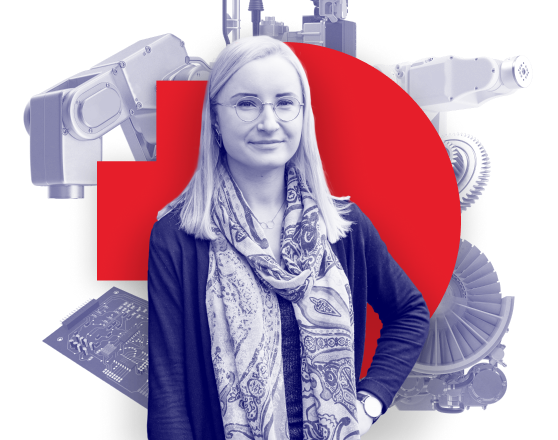As a graduate of this course, you will be equipped with an advanced and integrated understanding of specialist bodies of knowledge within the engineering discipline, and will be able to demonstrate your mastery of engineering theories, principles and concepts within multidisciplinary engineering practice.
You will be able to demonstrate your knowledge of the scope, principles, norms, accountabilities, and bounds and a critical appreciation of trends in contemporary practice, sustainability, research and innovation in the engineering discipline, and apply this knowledge to the analysis of complex problems in the engineering discipline. From there, you will use a systems engineering approach to synthesize and apply procedures for design, prototyping and testing to develop creative, sustainable and integrated solutions to known and emerging industry challenges.
This degree will also hone your skills in research. Utilising advanced mathematics, software, tools and techniques, you will apply apply advanced contemporary engineering technologies and practices and research principles and methods, taking into account risk and economic, social, environmental and global context, to plan and execute complex projects. You will critically analyse, evaluate, and transform information, exercising professional judgement and situational agility.
As a professional, you will be able to communicate complex engineering designs and solutions to both specialist and non-specialist audiences. You will demonstrate accountability, ethical conduct, independence, cultural sensitivity, adaptability, and critical reflection throughout your career, leading or collaborating with others and making meaningful contributions to multidisciplinary teams.
This course is designed to develop Stage 1 Engineers Australia professional engineering competency requirements.




